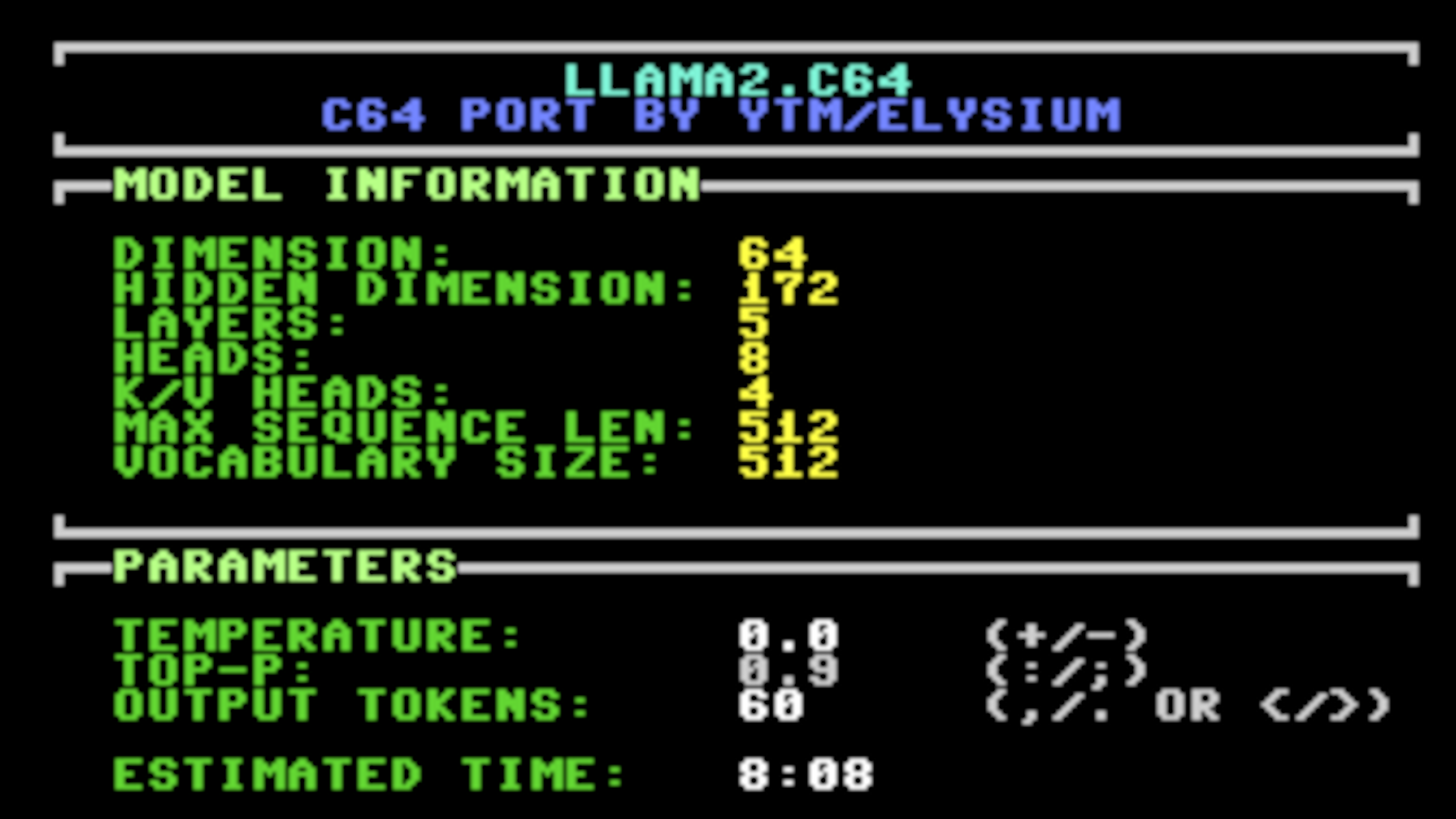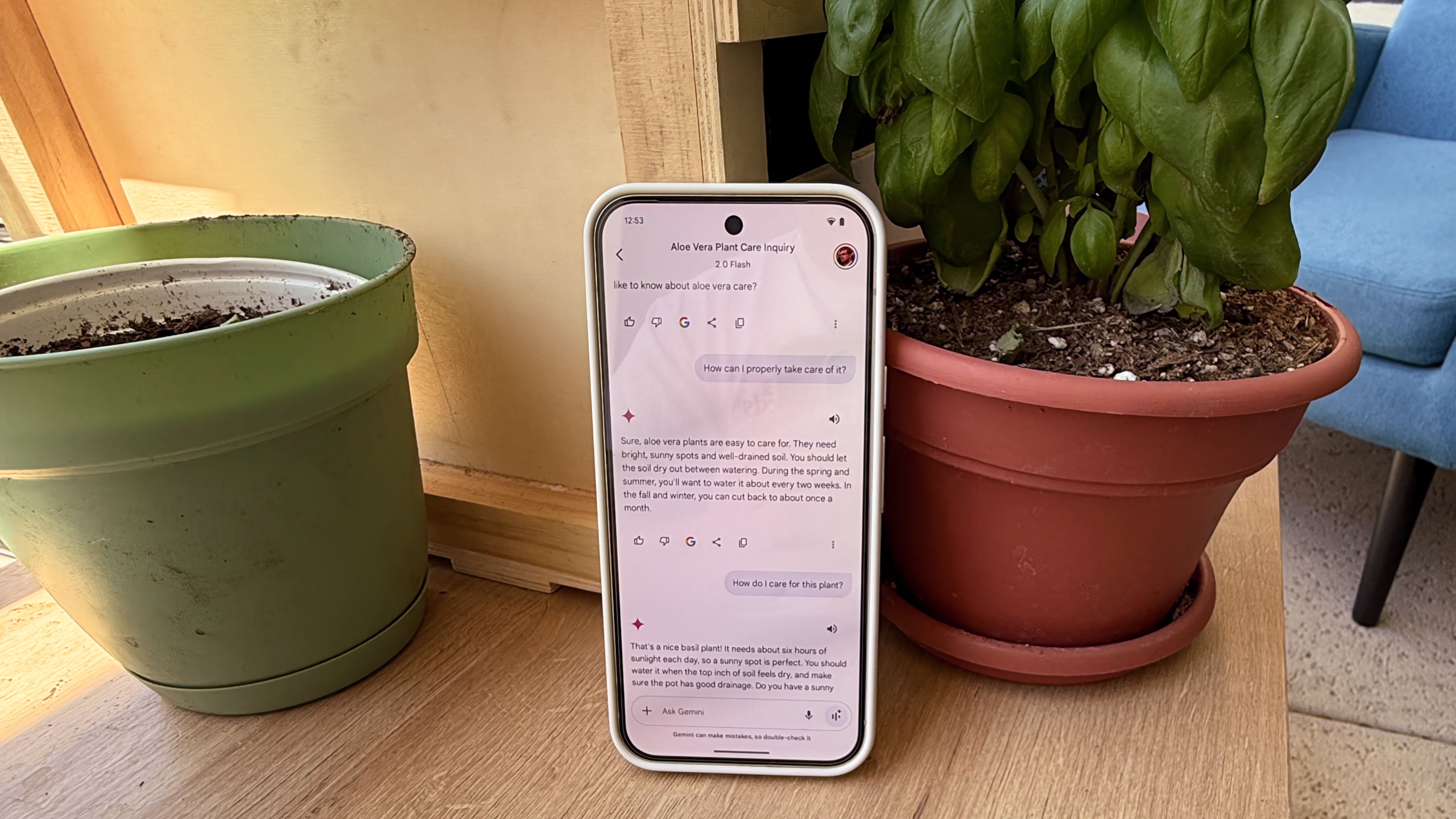Working with Headings: h1 to h6 Explained
Introduction Headings are one of the first building blocks you use when structuring a webpage. They are crucial for organizing content, guiding users, and helping search engines understand your page's hierarchy. But using headings properly isn’t just about making text bigger or bolder — it's about semantic structure, accessibility, and SEO (Search Engine Optimization). In this guide, we’ll explore everything you need to know about HTML headings: from h1 to h6, including best practices, real-world examples, and common mistakes. 1. What Are Headings in HTML? Definition: Headings in HTML are special tags ( to ) used to define the titles or subtitles of a page section. Each heading level represents a different level of importance, with being the highest and the lowest. Syntax Example: Main Title Subsection Title Smaller Subsection 2. Purpose of Headings Visual Structure: Break up large blocks of text, making pages easier to scan. Semantic Meaning: Give meaning to the page content hierarchy. Accessibility: Assist screen readers and assistive technologies to navigate content quickly. SEO Benefits: Search engines prioritize content structure when ranking pages. 3. Understanding the Hierarchy: h1 to h6 Heading Tag Typical Use Case Importance Level Main page title Highest Main section heading High Subsection under an Medium Subsection under an Low Minor subsections, rarely used Lower Least important section headings Lowest

Introduction
Headings are one of the first building blocks you use when structuring a webpage.
They are crucial for organizing content, guiding users, and helping search engines understand your page's hierarchy.
But using headings properly isn’t just about making text bigger or bolder — it's about semantic structure, accessibility, and SEO (Search Engine Optimization).
In this guide, we’ll explore everything you need to know about HTML headings: from h1 to h6, including best practices, real-world examples, and common mistakes.
1. What Are Headings in HTML?
Definition:
Headings in HTML are special tags ( to ) used to define the titles or subtitles of a page section.
Each heading level represents a different level of importance, with being the highest and the lowest.
Syntax Example:
Main Title
Subsection Title
Smaller Subsection
2. Purpose of Headings
- Visual Structure: Break up large blocks of text, making pages easier to scan.
- Semantic Meaning: Give meaning to the page content hierarchy.
- Accessibility: Assist screen readers and assistive technologies to navigate content quickly.
- SEO Benefits: Search engines prioritize content structure when ranking pages.
3. Understanding the Hierarchy: h1 to h6
| Heading Tag | Typical Use Case | Importance Level |
|---|---|---|
|
Main page title | Highest |
|
Main section heading | High |
|
Subsection under an |
Medium |
|
Subsection under an |
Low |
|
Minor subsections, rarely used | Lower |
|
Least important section headings | Lowest |





































































































































































![[The AI Show Episode 145]: OpenAI Releases o3 and o4-mini, AI Is Causing “Quiet Layoffs,” Executive Order on Youth AI Education & GPT-4o’s Controversial Update](https://www.marketingaiinstitute.com/hubfs/ep%20145%20cover.png)




























































































































![[FREE EBOOKS] Learn Computer Forensics — 2nd edition, AI and Business Rule Engines for Excel Power Users & Four More Best Selling Titles](https://www.javacodegeeks.com/wp-content/uploads/2012/12/jcg-logo.jpg)





![From Art School Drop-out to Microsoft Engineer with Shashi Lo [Podcast #170]](https://cdn.hashnode.com/res/hashnode/image/upload/v1746203291209/439bf16b-c820-4fe8-b69e-94d80533b2df.png?#)






































































































(1).jpg?#)































_Inge_Johnsson-Alamy.jpg?width=1280&auto=webp&quality=80&disable=upscale#)











































































































![Apple to Split iPhone Launches Across Fall and Spring in Major Shakeup [Report]](https://www.iclarified.com/images/news/97211/97211/97211-640.jpg)
![Apple to Move Camera to Top Left, Hide Face ID Under Display in iPhone 18 Pro Redesign [Report]](https://www.iclarified.com/images/news/97212/97212/97212-640.jpg)
![Apple Developing Battery Case for iPhone 17 Air Amid Battery Life Concerns [Report]](https://www.iclarified.com/images/news/97208/97208/97208-640.jpg)
![AirPods 4 On Sale for $99 [Lowest Price Ever]](https://www.iclarified.com/images/news/97206/97206/97206-640.jpg)
































![[Updated] Samsung’s 65-inch 4K Smart TV Just Crashed to $299 — That’s Cheaper Than an iPad](https://www.androidheadlines.com/wp-content/uploads/2025/05/samsung-du7200.jpg)




































































